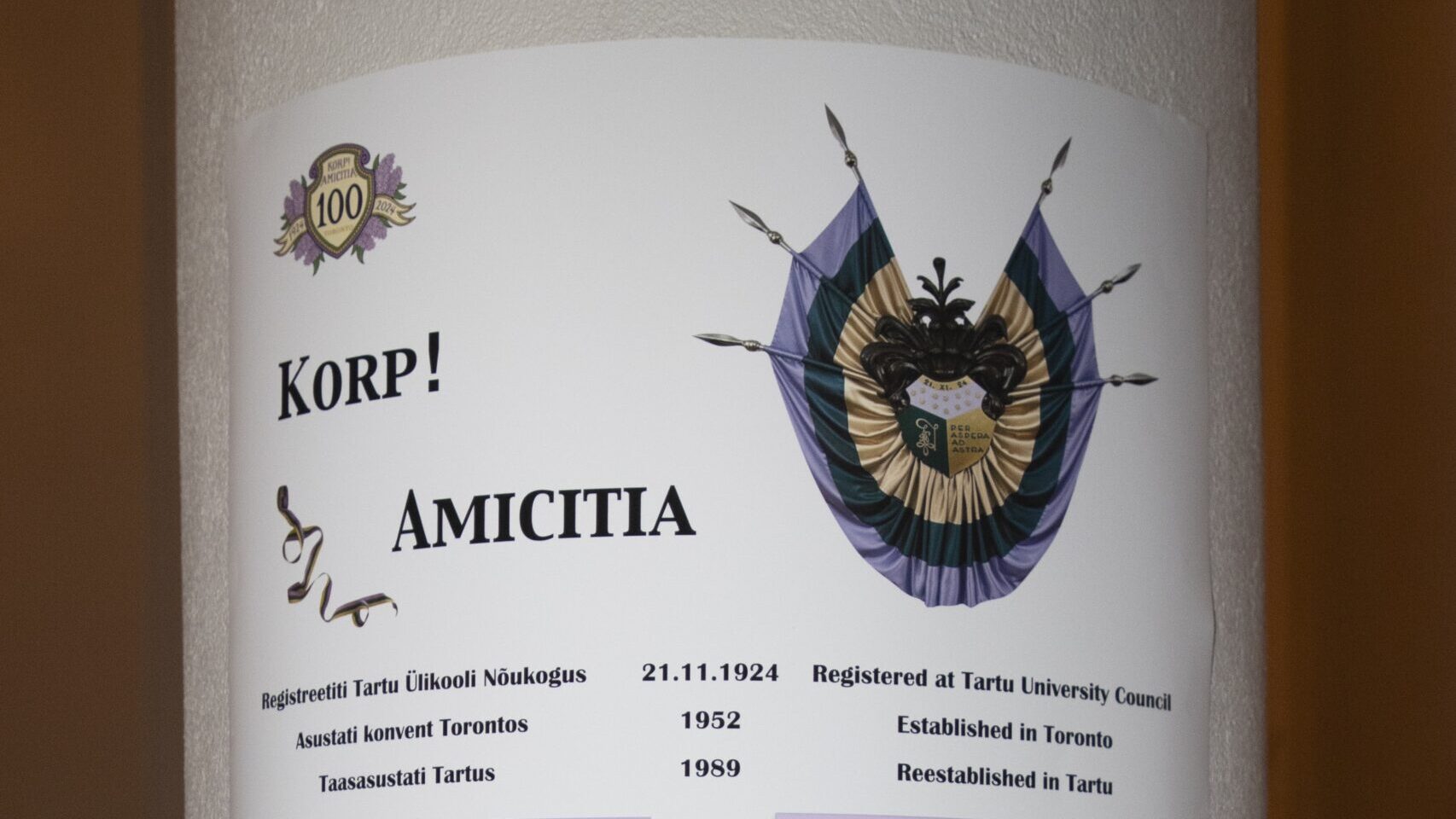https://www.ontario.ca/laws/statute/94c11
Location of head office
23. (1) A credit union shall have its head office in Ontario at the place indicated in its articles.
Change
(2) A credit union may by articles of amendment change the location of its head office to another place in Ontario. 1994, c. 11, s. 23.
A credit union is legally able to exist based on its Articles of Incorporation which are approved and monitored by the Financial Services Commission of Ontario (FSCO), a branch of the Ontario provincial government which oversees credit unions. The Articles of Incorporation clearly states the legal structure of a credit union and establishes how it must operate. Any deviation from the Articles can result in the FSCO revoking the rights of the credit union to carry on their business. The process for filing any amendment to the Articles of a credit union are outlined specifically by the FSCO. (See https://www.fsco.gov.on.ca/en/creditunions/Pages/filing-articles.aspx )
In addition to the legal operating structure, Articles of Incorporation lists the address of a credit union's main place of business. Without the correct address, Articles could be voided and a corporation could be found to be operating in contravention of the Act. If a credit union intends to change its address, the legal procedure is such that:
1) The Board of Directors must formally table a resolution, which states that the credit union intends to change the registered address listed in the Articles of Incorporation. At either a special meeting of the members of the credit union called specifically for this purpose, or as a separate resolution at an annual meeting, the change of address must be ratified by a vote of the members. This vote must take place. If there's no vote, there's no move. The vote of the members is the final legally binding decision regarding this matter, there is no appeal process by the Board.
2) If a change in location is approved by the members, the above resolution must be presented to the FSCO for consideration and approval. If the conditions of the Board resolution and vote of the members satisfy the FSCO, then the new address of the credit union would legally take effect in the Articles of Incorporation with FSCO's approval. However, if the members vote against the address change, the FSCO would accept the present address of the credit union continuing as the legal address in its Articles. For the ETCU, if the members were to vote against moving the credit union's head office, then there would be no change from the present address at 958 Broadview Ave.
Members should be aware of the fundamental importance of the Act, the Articles of Incorporation as well as the regulatory approval required for a credit union to exist and operate at its registered place of business. Inadvertently or not, the process related to changing ETCU's location seems to have been oversimplified as a decision of the Board. However, statutes and the oversight powers of the FSCO suggest that a Board's desire to change the main place of business in the Articles of Incorporation must be voted on by the members of a credit union.
ETCU's Board could have held a preliminary poll of its members at the most recent annual meeting to gauge if permanently moving the credit union's head office to the proposed Madison Avenue location had support of the members. That question was not asked. Last year's endorsement by the credit union of the joint Estonian House / Alterra proposal to rebuild Estonian House as part of mixed used development was consistent with the unwavering public representations and historical desire of credit union members to remain at 958 Broadview Ave. The Board's recent declaration to support the Madison Project seems like a sudden about-face. What prompted this? The ETCU's participation in the Letter of Intent with Build Toronto came as a mystery to most. Even though it had support to purchase the building at 11 Madison to manage risk and provide “continuity of service” during the anticipated Eesti Maja rebuild, the Board hasn't put the question about permanently moving to Madison before the general membership. (See ETCU News Release March 4, 2014 https://www.estoniancu.com/press-release/estonian-credit-union-acquires-property ). Perhaps the Board anticipates a vote against such a proposal. When asked a relevant question at the recent annual meeting, the Board seemed to have a pre-planned response, that being: (paraphrasing) the Board has been voted by the members to unconditionally decide on all matters pertaining to the ETCU; that would include moving. That presumptive mandate is clearly not supported by the legal and regulatory references noted above.
A special meeting of the Estonian House is being held on April 25th. The ETCU Board intends to vote their substantial block of Estonian House Limited shares in favour of selling 958 Broadview Ave., subsequently supporting the construction of a new centre and moving ETCU's head office to Madison Ave. Without a definitive mandate, is it prudent to go to a special meeting of your landlord and vote in favour of relocating that landlord? ETCU's Board risks facing a mandatory vote of their members that could result in overturning or negating their proposed move (as a tenant) from 958 Broadview Ave. When, and not if, the time comes for the ETCU membership to vote on their change of address the members of the Estonian (Toronto) Credit Union still have a final, legal say in the matter determining whether the ETCU will, itself, relocate to Madison.
Allan Meiusi, Toronto




